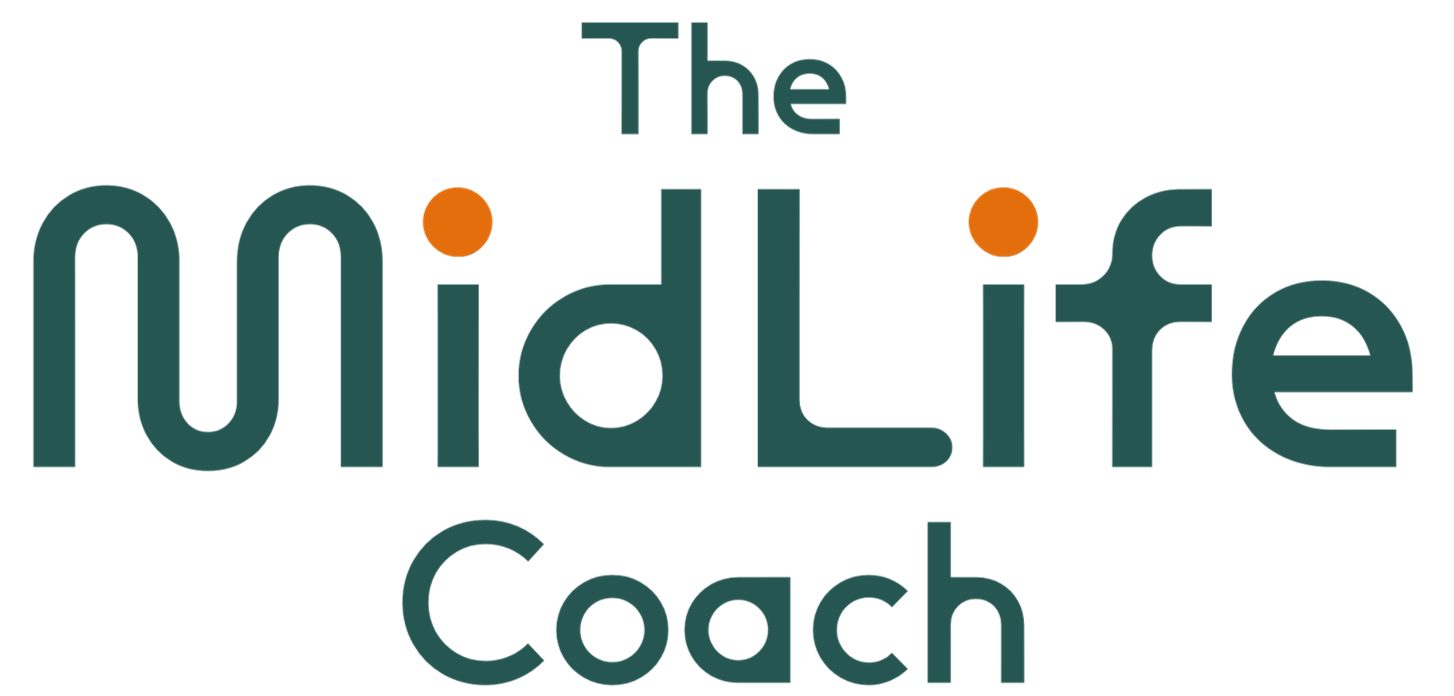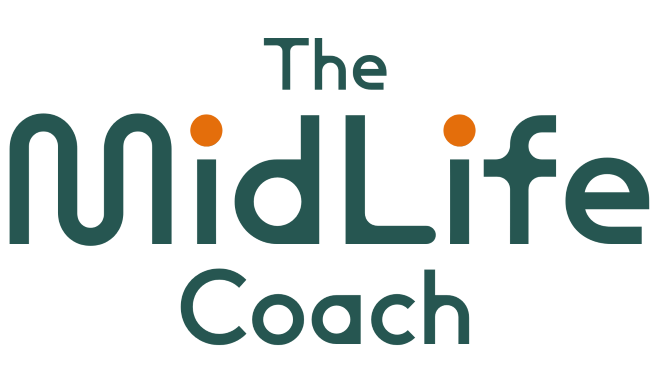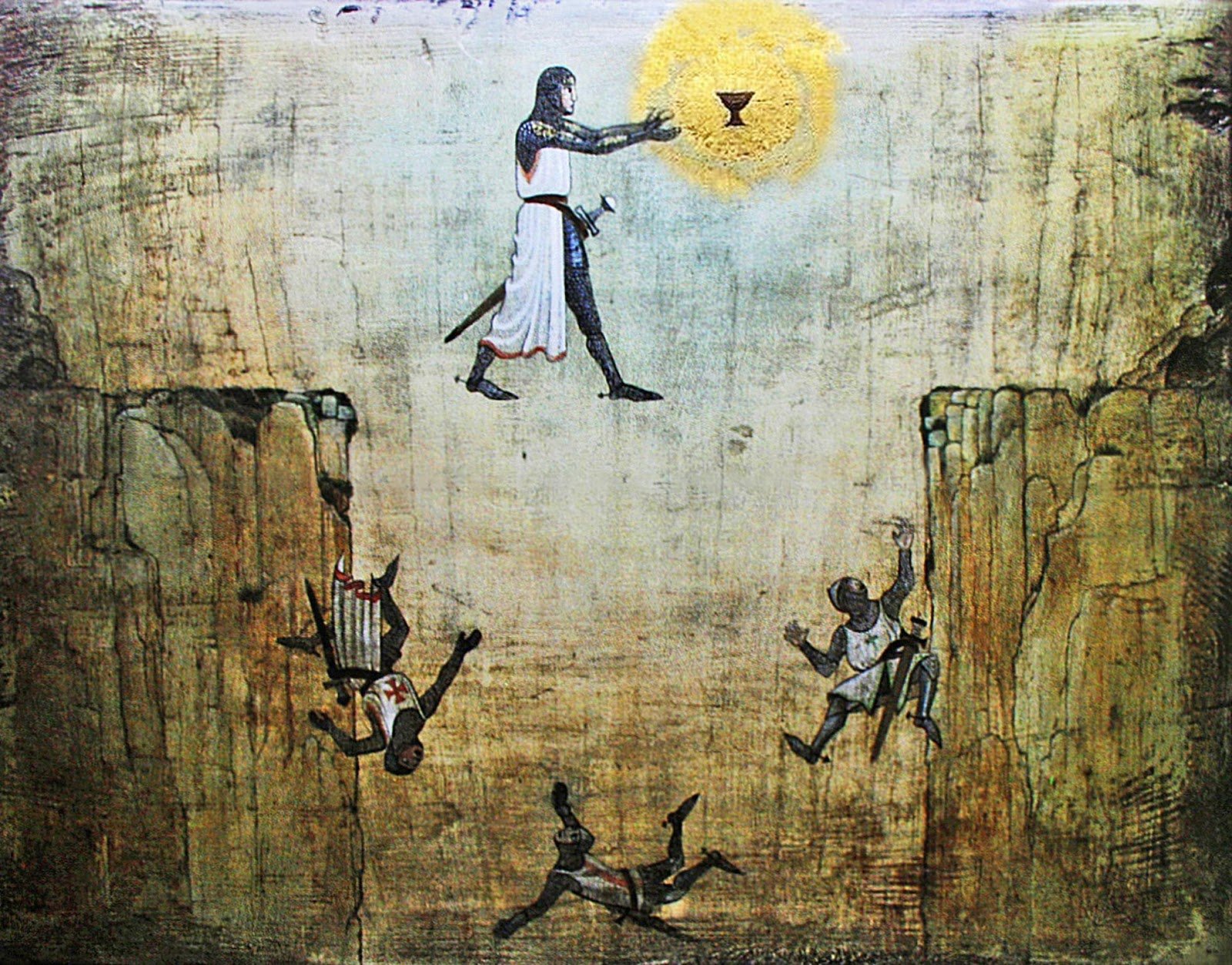A Crisis of Faith
In this post for my blog, Surviving MidLife, I’ll be exploring whether the decline in religious faith in the UK over the past decades is contributing to an increase in midlife anxiety and crisis. Why the rather random focus on religion? Well as I was reviewing my client notes recently it occurred to me that one question kept cropping up, and that was, “What is my life for?” Within the context of their work, their relationships and their contribution, they were looking for reason and purpose – the very questions that have for centuries been answered through religious belief. But not anymore.
We have reached a massive tipping point in British culture and society – for the first time in our history more than half (55%) of the population now say that they do not believe in any religion. Further to this, only 27% state they believe in a god with 44% of British Christians saying that religion isn’t important in their life. This makes us one of the most secular global countries with only the likes of China, Sweden, the Netherlands and Hong Kong more secular than us.
Why is this important? For two reasons, I think: the first being the role that faith plays in our individual ability to comprehend and cope with life; and secondly the role that religion has traditionally played in our sense of community and belonging.
Before I look at these two areas, for full disclosure here’s a little bit about my own relationship with religion and faith. I come from a Church of England family, rather than a Christian family. What do I mean? Well, growing up my parents took us to church on key dates like Easter and Christmas, and they had me and my brother christened. They were married in church, and my brother and I both followed suit, predominantly under a sense of expectation but also because churches are traditional and attractive places. I also went to a church boarding school where I was forced to go to Sunday service which had the contrary affect to the one intended, imbuing me with a deep sense of boredom and sleepiness when I enter a church, which is now basically never.
I can’t remember a single time when God or Jesus were mentioned by my parents – apart from obliquely like the time, being taught to drive by my mum and stalling in the middle of a junction, that I exclaimed “Oh, Jesus Christ!” and Mum quickly retorted, “Do we have to bring him into this”! Yet I would say that I was brought up with a strong sense of ‘Christian’ morals – or as I would say now, simply civilised and compassionate morals. I believe I am bringing my own children up to those same expectations and standards but without any of the traditional clothing of religion or faith.
For me, morals and faith are not inextricably linked. As an adult, if asked, as we all are in the Census, I would ascribe to the largest growing segment of British society - the Agnostic Atheists – those who don't believe in god but also don't think we can ever know whether a god exists. It’s the equivalent of supporting Liverpool FC whilst having never seen them play live, owned any merchandise or even having been to Liverpool – it’s the least form of commitment to a viewpoint that it’s possible to have!
Which brings me back to faith, and the lack of it. Freud defined the psychologist’s perspective of religious faith as serving three functions:
1. It provides the answer to existential questions over our meaning and purpose
2. It sooths our fears and anxiety over our mortality
3. It provides a set of moral rules to live by, both individually and collectively
Let’s consider these through the lens of my midlife clients living in the 21st century. Firstly, the key thing the majority of them are exploring through coaching is a deep-felt absence of purpose. This is often (in fact, usually) wrapped up in their relationship with their work – or at least it is as they present it to me in the first session. They have come to the point of their career when they are questioning the contribution that being a lawyer or accountant or advertiser or salesman or middle manager is having on the world, or even closer to home, their community. “I want my children to be proud of what I’ve done” is a frequent articulation. In the absence of faith, they are left with no clarity or consolation that their time and energy has been well spent. And rather troublingly, this lack of purpose is presenting itself ever earlier in life, with a recent survey finding that 89% of 16-29 year old believe their life lacks meaning. This has serious implications considering we’re facing ever increasing numbers of suicide in young people.
Being in midlife, whether spoken or otherwise, mortality is a significant factor for my clients. As their parents age, decline or die, they are faced with not only the sense of ‘what’s going to be my end’ but also of, ‘what happens after my end?’ Without the belief in an afterlife, we are left with the starkness of simply ‘disappearing’. This has two impacts – the first being that we focus even harder on the earlier question around our legacy and life’s worth; and secondly, we become keenly aware of the desire to find belonging and the associated recognition, right now. Many male clients have spoken of their regret over their shrinking friendship group, and how few people “really know and understand me”. During my own midlife ‘transition’ (see how I’ve grown!), I had a recurring nightmare of rows of empty chairs at my own funeral. Not much analysis required there!
The third of Freud’s points was around the moral rules that religions provide. As I’ve already mentioned, I don’t believe that there can be no individual morals without the Ten Commandments et al, but certainly I think that their absence creates a vacuum in collective, societal rules of interaction. Humans live their lives with the constant tension between their individual identity (which is growing ever stronger generation by generation) and herd belonging. Daily we navigate the boundary between being recognised for our unique individuality, and having to adapt and change in order to be accepted by a group or organisation. We want to feel seen but at the same time we want the security and recognition of being part of the herd even if that means leaving part of ourselves behind.
This speaks to the very essence of belonging. The lack of organised religion in society has removed a critical element of community and societal belonging – a place where I need not fear that my own morals are any different from the group’s morals; a place where the rules are crystal clear and consistently demonstrated. In short, a place of safety, security and recognition. This is the very reason why social media cannot and does not replace real community – there are neither agreed upon rules, nor is there acceptance or even tolerance of individual authenticity.
Finally it is really important to recognise the difference between faith and belief, as the words are often used interchangeably. Arthur Dobrin, Professor Emeritus at Hofstra University and an ethical humanist, talks about belief as being ‘rooted in the mind’, whereas faith is ‘an expression of hope’. Having faith in something or somebody requires us to accept there are no guarantees and no certainty. To this end ‘faith is based in the heart’.
What many of my midlife clients come to coaching to find is certainty – a rationalised, thought-through answer or plan for their future. And we can and do work to this goal together. But on its own it’s often not enough for them to find the happiness and fulfilment that they are really seeking. Because what they’re really looking for is faith – faith in themselves and in those around them. That in the absence of guarantees and certainty, their life does matter. Their decisions and actions and contributions have worth.
In conclusion, I am struck by how little discussion there has been about the impact of the decline in faith and religion on British cultural and societal behaviour. But certainly when I consider my own midlife experience, and the presenting concerns and goals of my midlife clients, I recognise the role our collective lack of faith has in our struggle to find purpose and meaning in life. When put in these terms, it certainly helps me as a coach to better understand the existential crisis that I’m often presented with, and some of the topics and questions that need to be considered in finding the way forwards.




